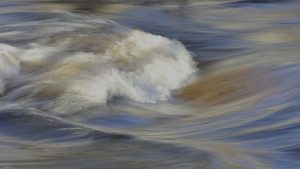 The talk will be held virtually via Zoom and in-person at 107 Norman Smith Hall, UMaine.
The talk will be held virtually via Zoom and in-person at 107 Norman Smith Hall, UMaine.
- Virtual attendance: Complete the registration form to receive Zoom connection information.
- In-person attendance: Attendees must follow UMaine’s COVID-19 guidelines.
Speaker: Micah Pawling, Associate Professor, History and Native American Studies, UMaine
This presentation explores the significance of historical research in the context of a sustainable society. In the past, people possessed different notions of sustainability resulting in considerable variations across time and space, providing researchers with new insights about its achievement. Wabanaki people worked hard to secure reservation lands that held different water attributes.
Micah Pawling is an associate professor of history and Native American studies at the University of Maine. His research interests include the ethnohistory of the Wabanaki peoples of northern New England and eastern Canada in the nineteenth century. Pawling’s work has appeared in Acadiensis, Ethnohistory, and the Historical Atlas of Maine. His 2017 article received the 2018 Canadian Historical Association’s prize for the best article in Indigenous history. As a recipient of the Whiting Public Engagement Fellowship, he collaborates with the Passamaquoddy Tribe of Indian Township (Motahkomikuk) on community history. His forthcoming book is on Wabanaki waterscapes in the nineteenth century.
To request a reasonable accommodation, contact Ruth Hallsworth, 207.581.3196 or hallsworth@maine.edu

